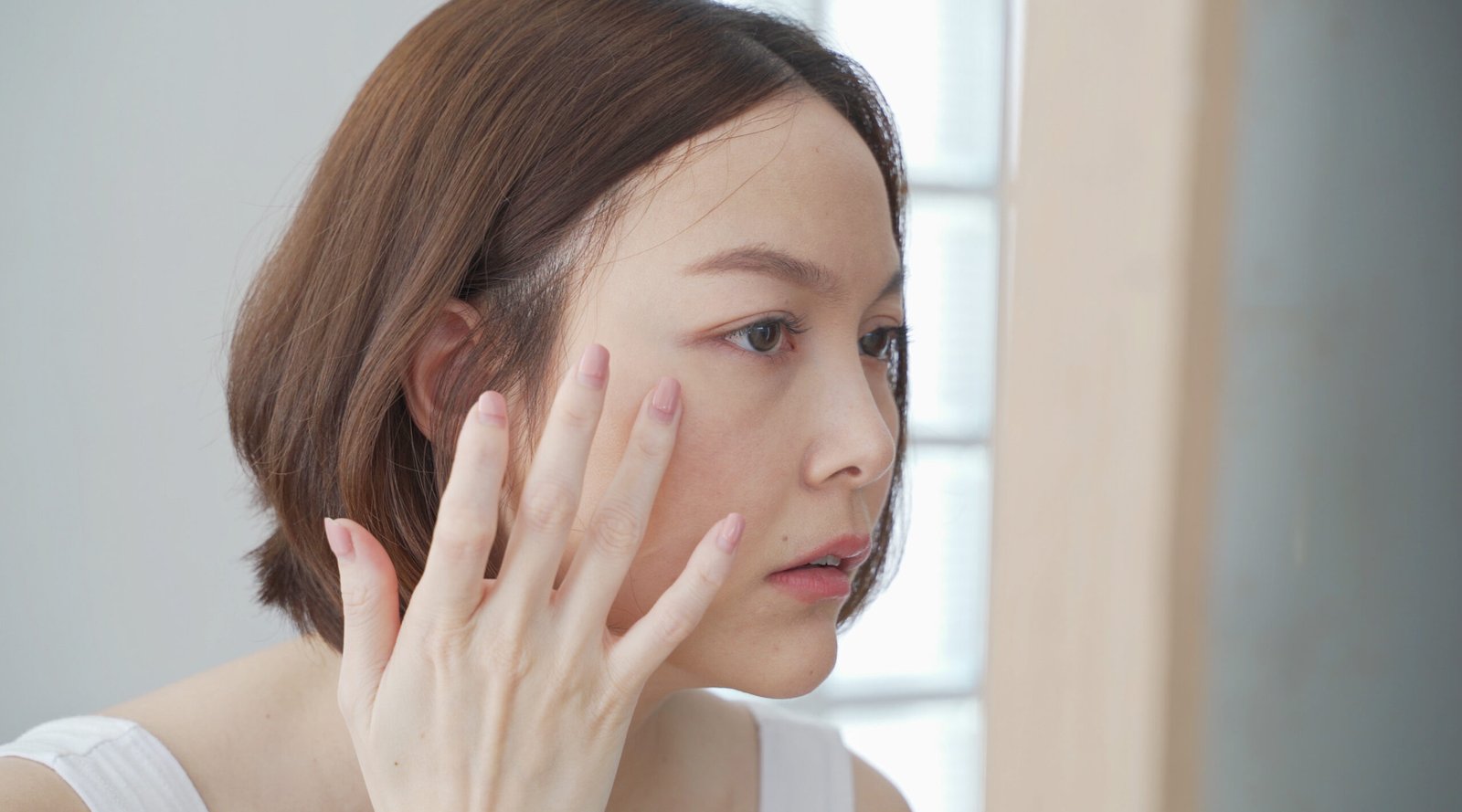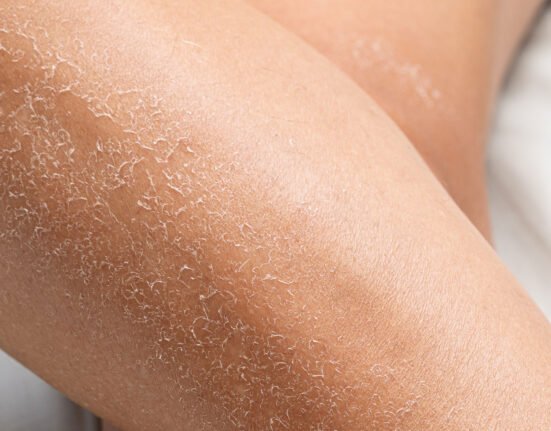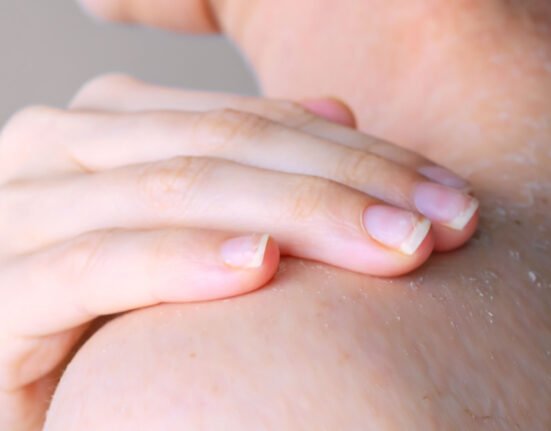Behind a dull complexion, sudden breakouts, or persistent eczema, there may be one hidden culprit: stress.
In today’s fast-paced, high-pressure world, stress has become an unavoidable part of daily life. Unfortunately, many people are still unaware that mental health is closely linked to skin health.
When the mind is under pressure, the body produces stress hormones that can trigger adverse reactions on the skin, ranging from inflammation and a weakened skin barrier to worsening chronic conditions like acne, rosacea, and eczema.
Understanding the connection between stress and skin health is crucial for caring for yourself, both inside and out.
How Does Stress Affect Your Skin?
Stress triggers the release of cortisol, a hormone that, when elevated and sustained over time, can:
- increase oil production (leading to breakouts);
- disrupt the skin’s natural protective barrier;
- make the skin more reactive and prone to inflammation.
As a result, you may experience:
- sudden acne flare-ups;
- dry, flaky skin;
- redness or rashes;
- dark circles and sunken eyes;
- skin that looks dull, tired, and ages prematurely;
- worsening of eczema, psoriasis, or rosacea;
- hair thinning or increased hair fall;
- compulsive behaviors like excessive scratching
When the skin barrier is compromised, the skin loses moisture more easily and becomes more vulnerable to irritants and allergens.
How to Manage Stress-Related Skin Issues

Tackling stress-related skin problems requires a holistic approach that combines external skincare with internal well-being.
1. Gentle, Effective Skincare Routine
Choose products that prioritize hydration, protection, and skin barrier repair, such as:
- A mild, SLS-free cleanser.
- A moisturizer with hyaluronic acid, glycerin, ceramides, or aloe vera.
- Sunscreen every morning.
- Masks or night creams with anti-inflammatory and deeply hydrating ingredients.
Include wund+™ Regeneration Cream in your nighttime routine. This cream contains active ingredients that support skin regeneration and help soothe mild irritation commonly caused by excess stress.
2. Active Stress Management
You may not be able to eliminate stress, but you can manage it. Try:
- meditation, mindfulness, or yoga;
- journaling or confiding in someone you trust;
- Getting enough rest and quality sleep;
- exercising regularly.
3. A Healthy Lifestyle for Skin and Mind
- Eat foods rich in antioxidants and omega-3s (like fish, vegetables, flaxseeds).
- Avoid excessive alcohol and reduce caffeine intake.
- Stay well-hydrated.
- Quit smoking. It accelerates skin aging and damages collagen.
4. Seek Mental Health Support
If stress feels overwhelming or begins to affect your overall quality of life, don’t hesitate to seek professional help.
Therapy, counselling, or simply talking to someone you trust can be a healing first step, not just for your mind but also for your skin.
Your Skin Reflects Your State of Mind
Never underestimate the connection between your thoughts and your skin. Your skin often reflects what’s happening inside your body, including your mental and emotional state.
When caring for your skin, don’t forget to take care of your mind too.
Help your skin recover and adapt to daily stress with skincare that supports natural regeneration, such as wund+™ Regeneration Cream.
When your skin feels calm, your heart will too.
References
City Skin Clinic. Accessed in 2025. Stress Skin.
PMC. Accessed in 2025. Brain-Skin Connection: Stress, Inflammation and Skin Aging.
Sereko Shop. Accessed in 2025. How Stress and Anxiety Can Lead to Skin Dullness?








Leave feedback about this